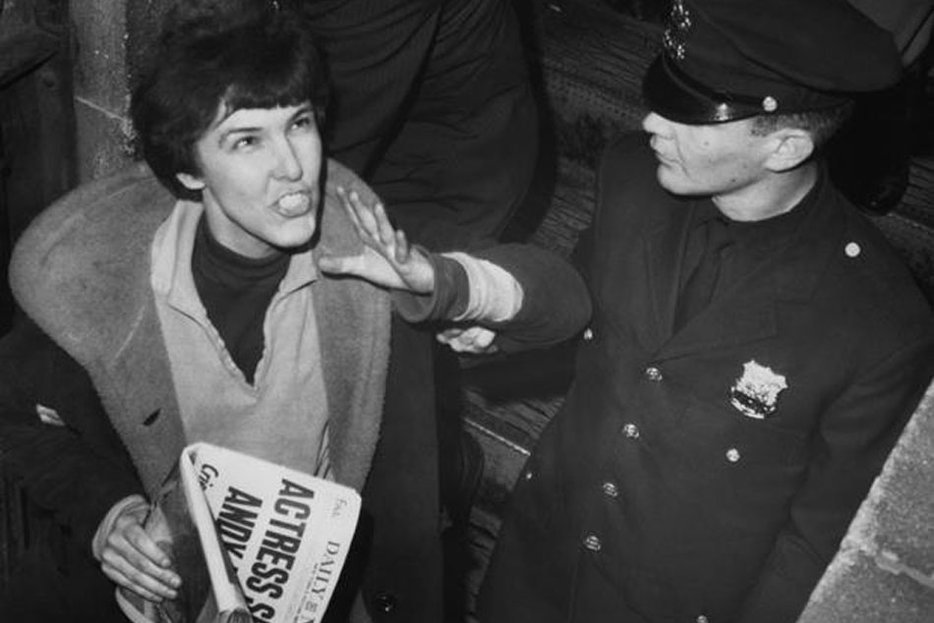
Su Volture.com è stata pubblicata un’intervista a Mary Harron, la regista canadese di American Psycho, L’altra Grace e Ho sparato a Andy Warhol, film del 1996 basato sulla vera storia di Valerie Solanas, femminista radicale e autrice dei nostri “Manifesto SCUM“, “Trilogia SCUM” e “Up your ass“.
Valerie Solanas sta vivendo un momento di grande riconoscimento. Negli ultimi vent’anni, Solanas è stata il soggetto di numerosi libri accademici e di critica e ha ispirato ben tre opere teatrali e un romanzo. Nel 2017 è stata persino ritratta in un episodio della serie televisiva statunitense American Horror Story.
Qui di seguito un estratto dell’intervista originale:
“And then I Shot Andy Warhol was a hit at Sundance
In 1996, Variety’s Todd McCarthy wrote, “Filmmakers have been dancing around the idea of dealing with Andy Warhol and his world ever since his death. Now that it’s been done, the result, as well as the angle taken on the material, is as unexpected as it is riveting.”.
The offer to do the script for American Psycho came in right after I got back from Sundance. That’s what happens if you have a first film that does well at Sundance.
Valerie Solanas is having a big moment now
Over the last two decades, Solanas has been the subject of a number of academic and critical books and the inspiration for three plays and a novel. In 2017, she was portrayed in an episode of American Horror Story: Cult by Lena Dunham..
At the time, feminism was not cool. At all. Now everyone wants to say they’re a feminist. But at the time — I never denied it. I always said I was, because I felt like, without feminism, I would never be doing this.
Where do you think your feminism comes from?
It was pretty instinctive. My mother was very old school in a lot of ways. She believed men were superior to women with two exceptions — my sister and myself. She was very ambitious for me and wanted me to be an artist. She would’ve been horrified if I hadn’t. She was very upset that my sister married and had kids early. At the same time, we’d disagree. She thought feminism was silly. She ran a radio program, and on her show, they used to excerpt books, and she refused to do Simone de Beauvoir. Still, I always thought I was going to have a career. That’s how I thought about my future — my career, my work, my ambition.
But I always felt like people were saying “Are you a feminist?” back in the day because they wanted to pigeonhole you as an ideological filmmaker, which I’m not, I don’t believe.”
Per leggere l’intervista completa clicca qui.

